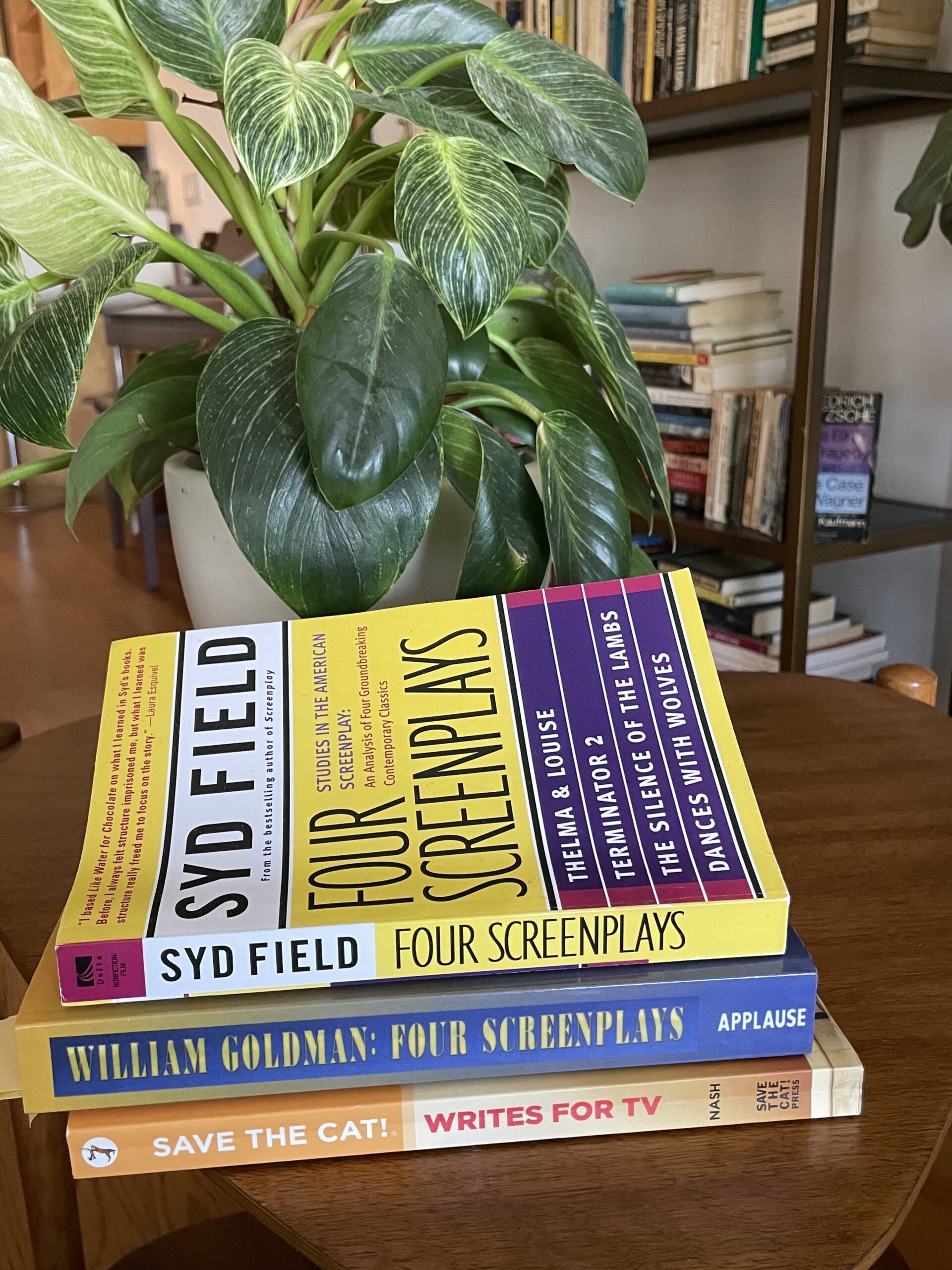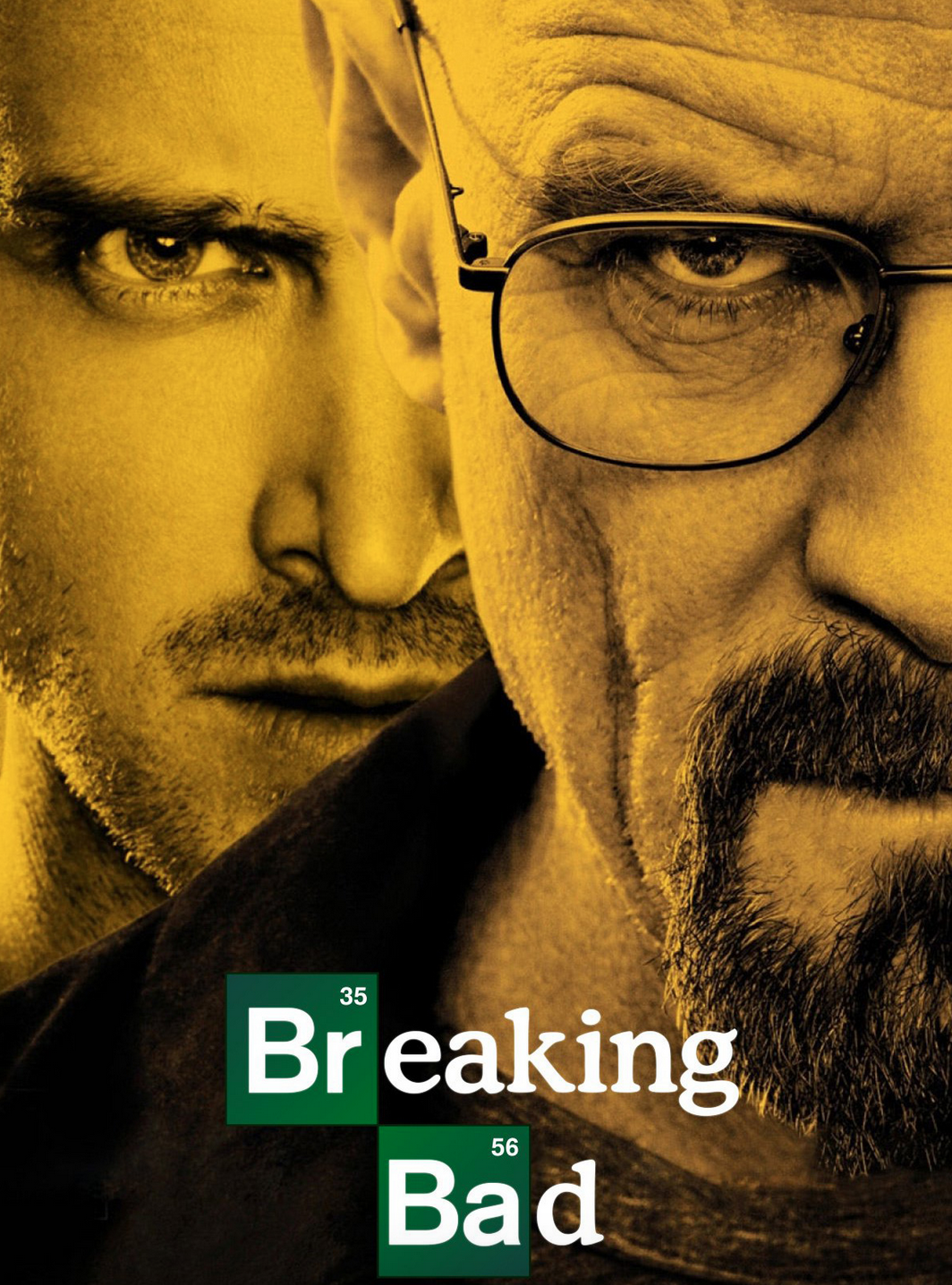
One way or another, my entire professional career has revolved around writing (hence, the art in my dining room, above!). But when Hollywood approached for the rights to some of my materials, I was determined to be involved in the adaptations. I write dialogue. I write descriptions. I write scenes. I write essays, articles, speeches, and 350-page manuscripts. How difficult could screenwriting be?
Very. A different art, it turns out.
First, you have to be on the correct platforms. I love Final Draft, and find it user friendly and intuitive. Kind of like Excel, there are all kinds of powerful tools to uncover once you get comfortable. I’m lucky to have someone guiding me: My dear friend, professional partner, and screenwriting mentor Robert Port, who is on his way to another Academy Award with his yet-unreleased project (more on that later!). He also wrote for Jack Ryan, ran the writing room for Numbers, and more. He urged me to start learning Writers Room Pro as well, and gave me three books for TV and feature film writing:

Please note the one single plant I’ve managed to keep alive, above.
Some version of Save the Cat is a great way to start. Once again, you can break away from the basics after you’ve mastered them. Yes, I’ve bookmarked and anotated the hell out of this book.

No matter what, it takes a while. I have been studying screenwriting — and working at it — for several years now. Like fitness (and everything else), it takes dedication, instruction from experts, and making peace with repeated failure. If you’re like most writers, you never feel like you’ve “got it.” I sure don’t. I’m always a little afraid of the blank page. But that’s a good thing.
I also completed Aaron Sorkin’s Master Class. Studied David Mamet. Read Syd Field’s books and watched the movies he analyzes. Followed along with William Goldman‘s scripts — especially Butch Cassidy and the Sundance Kid. Goldman is especially impressive because he was wildly successful as an author and screenwriter. Sometimes the essays in his book are more anecdotal than instructional, but you have to love the story about the dentists lining up to see him after the release of the 1976 thriller Marathon Man.

Rob always tells me to study many different screenwriting styles and approaches to help me find mine. I can’t write like William Goldman. Nor should I. Adapting my own creative works means I’m never starting from scratch, so that has helped me find my voice in this journey.
Another exercise that I created for myself (if others have done it, I did not read about it) was to choose a favorite series and write the pilot from the actual show. For example, I replayed the pilot for Breaking Bad — as perfectly structured as you’ll ever find — and stopped it every 30 to 60 seconds to write the script from what I watched and heard.
How would you describe the characters? The scene? Vince Gilligan has given you the dialogue. What do you notice about it? How tight and crisp is it? (Uh…did I mention the word perfection?) How much character motivation and plot does he convey in a single line? Where are we 10 minutes into the episode? Thirty minutes into the episode? Why? How does it set up the series to go one, two, or six seasons?
I try to study and write a little every night. It has been difficult, but I absolutely love learning new ways to express ideas and — hopefully — connect with people.
Guess I love being a student. Isn’t that better than the boring life of an expert? I wouldn’t know, but I think it is.
